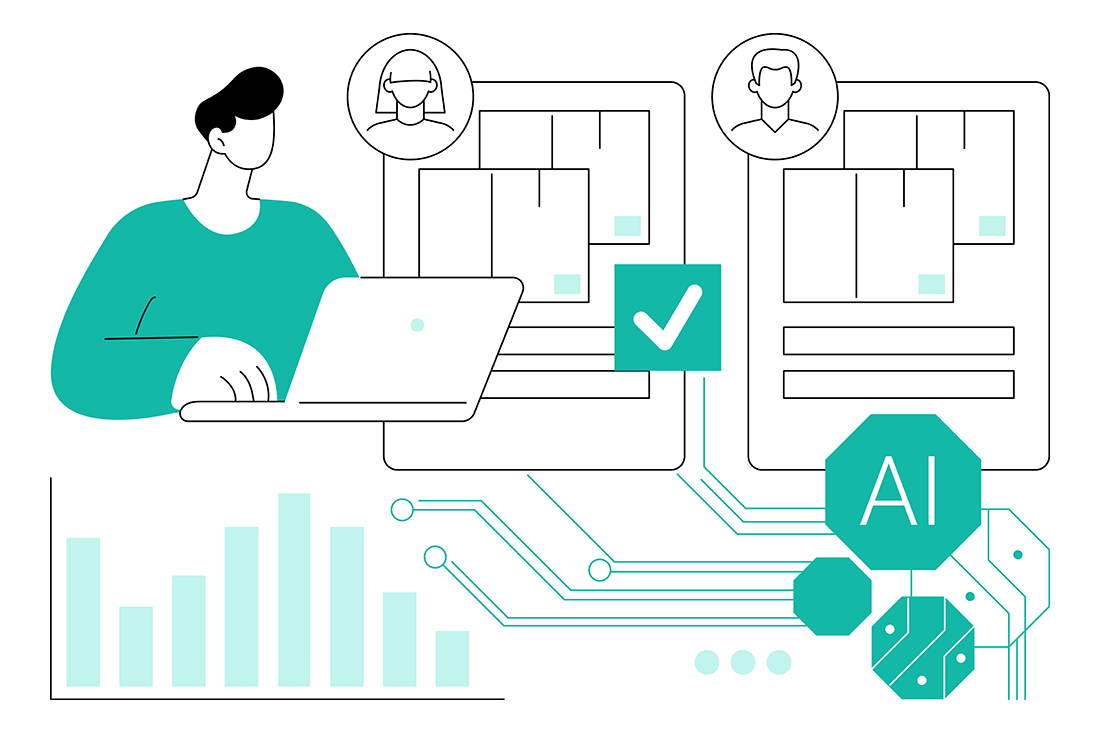Published April 29, 2024

Jose Osornio
Principal Solutions Architect

In the rapidly evolving digital landscape, businesses are increasingly turning to Artificial Intelligence (AI) to solve complex challenges, streamline operations, and enhance customer experiences. IBM, a leader in technological innovation, has been at the forefront of developing AI solutions tailored to real-world business needs. This blog explores three key areas where AI is making a significant impact: customer service workflows, IT processes, and HR and talent management.
Customer service is the lifeblood of any business, directly influencing customer satisfaction and loyalty. IBM’s AI solutions are transforming how businesses handle customer interactions, resulting in improved efficiency and enhanced customer experiences.
Modern customer service teams face the dual challenge of rising customer expectations and increasing operational costs. Poor customer service can lead to a loss of business, with 33% of consumers willing to switch companies after a single bad experience. Additionally, contact centers struggle with high agent attrition rates due to inefficient systems, further driving up costs.
Bouygues Telecom leveraged IBM’s AI to optimize their contact center operations. By analyzing 8 million customer-agent conversations, they turned insights into actionable strategies, resulting in a projected $5 million annual reduction in operational costs and a 30% decrease in pre-call and call operations.
IT departments are the backbone of modern enterprises, tasked with maintaining and modernizing complex systems. IBM’s AI solutions are designed to automate and enhance various IT processes, driving efficiency and innovation.
IBM’s AI initiatives in IT include automating code generation, application discovery and analysis, code refactoring, and content generation classification. These solutions are trained and tuned using customer-specific datasets, significantly reducing cycle times for application modernization.
Human Resources (HR) and talent management are critical to any organization’s success, directly impacting employee satisfaction and productivity. IBM’s AI solutions are revolutionizing HR processes, making them more efficient and effective.
AI has the potential to significantly boost productivity in HR. Examples include:
IBM’s AI solutions have shown a 40% improvement in HR productivity. For instance, automating job requisitions and employee communications has streamlined operations, allowing HR professionals to focus on strategic initiatives. Companies like Avid have seen a 10% reduction in errors from manual processes and a 25% reduction in onboarding time.
AI-driven improvements in customer and employee interactions lead to higher satisfaction scores. Metrics like Net Promoter Score (NPS) and Employee Net Promoter Score (eNPS) provide valuable feedback, helping businesses refine their strategies.
AI’s ability to automate and optimize processes results in significant cost savings. Contact center costs can be reduced by 40-60%, and organizations can directly link improved customer satisfaction to revenue growth through increased loyalty and retention.
The transformative power of AI is undeniable, with IBM leading the charge in developing solutions that address real-world business challenges. From revolutionizing customer service workflows to enhancing IT processes and transforming HR and talent management, AI is driving efficiency, satisfaction, and cost savings across the board. As businesses continue to embrace AI, those that leverage these innovative solutions will be well-positioned to thrive in the digital age.